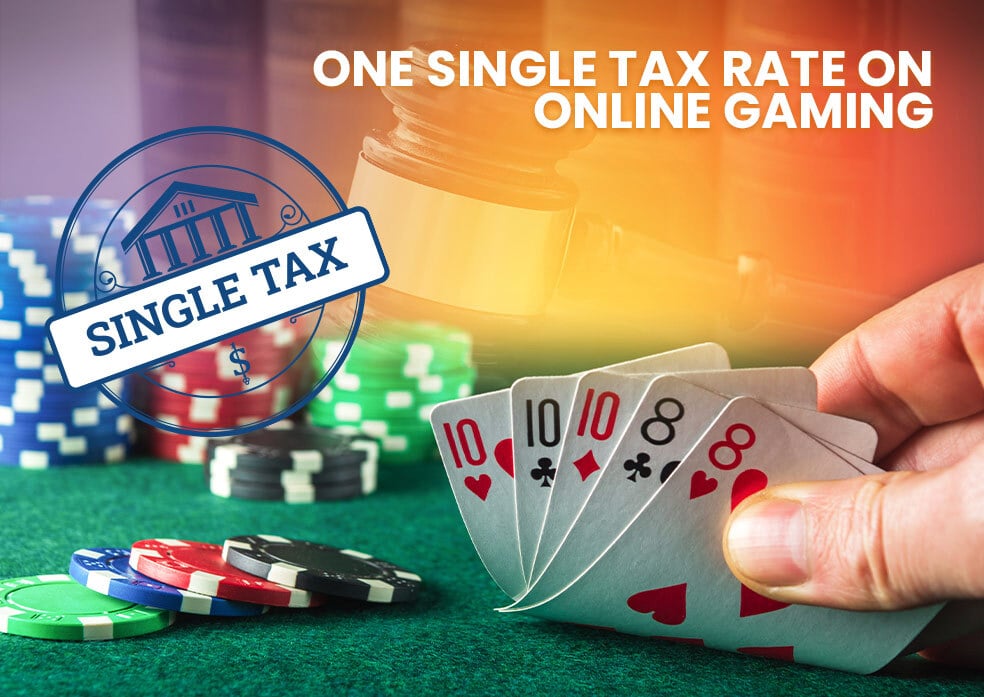The legal framework and taxation around online gaming have always been ambiguous in the country. Recently the GST council had constituted a GoM (Group of Ministers). The group was constituted for addressing the issues related to the taxation of online gaming. The government may consider applying a single tax rate instead of 18% and 28% based on whether it’s a game of chance or a game of skill.
The final decision has not been taken yet. The GST council, which is the apex decision-making body around indirect tax, will take the final decision. The GST Council was chaired by the Financial Minister of India.
The council will discuss all the issues related to online gaming. The legal state of online gaming is quite confusing in the country as it is uncertain whether the game involves skill or chance.
One of the reasons behind the idea of weighing one single tax rate on online gaming is because the two rates are prone to any misuse. According to the NITI Aayog, there is no definable test or guideline to determine if a game is based on skill or chance.
Several people gave different types of opinions on the group. One person said that, similar to lotteries, there should be one single tax for online gaming. This can help avoid litigation. Another person said rummy is considered a skill-based game; however, the distribution of cards in this game involves nothing but chance. Moreover, it is easy to find out underage players at land-based casinos, but there is no effective way to verify at online casinos and gambling sites.
The majority of ministers in the GoM have suggested putting a higher 28% tax rate on online gaming as it should be considered a sin product like the lottery. In India, there is a single tax rate on lotteries which is 28%. Earlier, it was 12% GST on state-run lotteries and 28% GST on state-authorized lotteries. Since the introduction of a single tax rate on lotteries, the industry has been demanding a uniform tax rate of 12%.
The group also discussed whether the tax is applicable to the earnings by players or to the revenue generated by the online gaming platforms. Members have suggested taking a practical approach so that players do not participate in illegal gaming sites.


